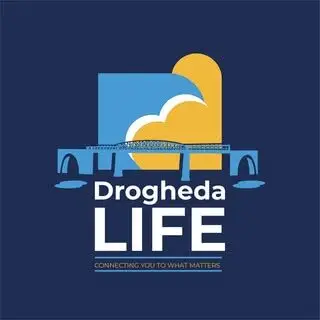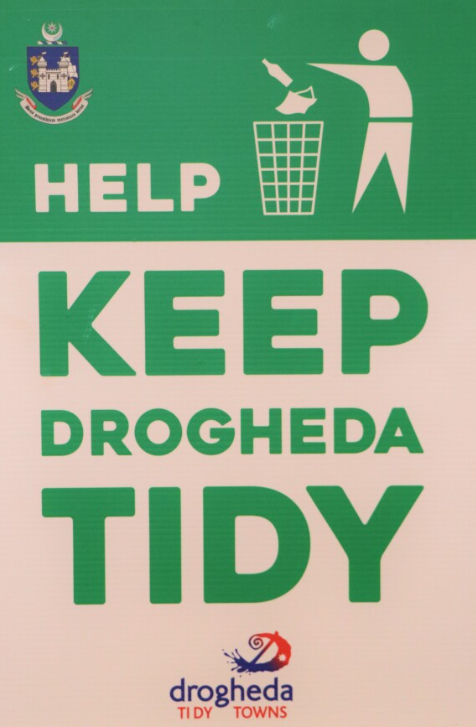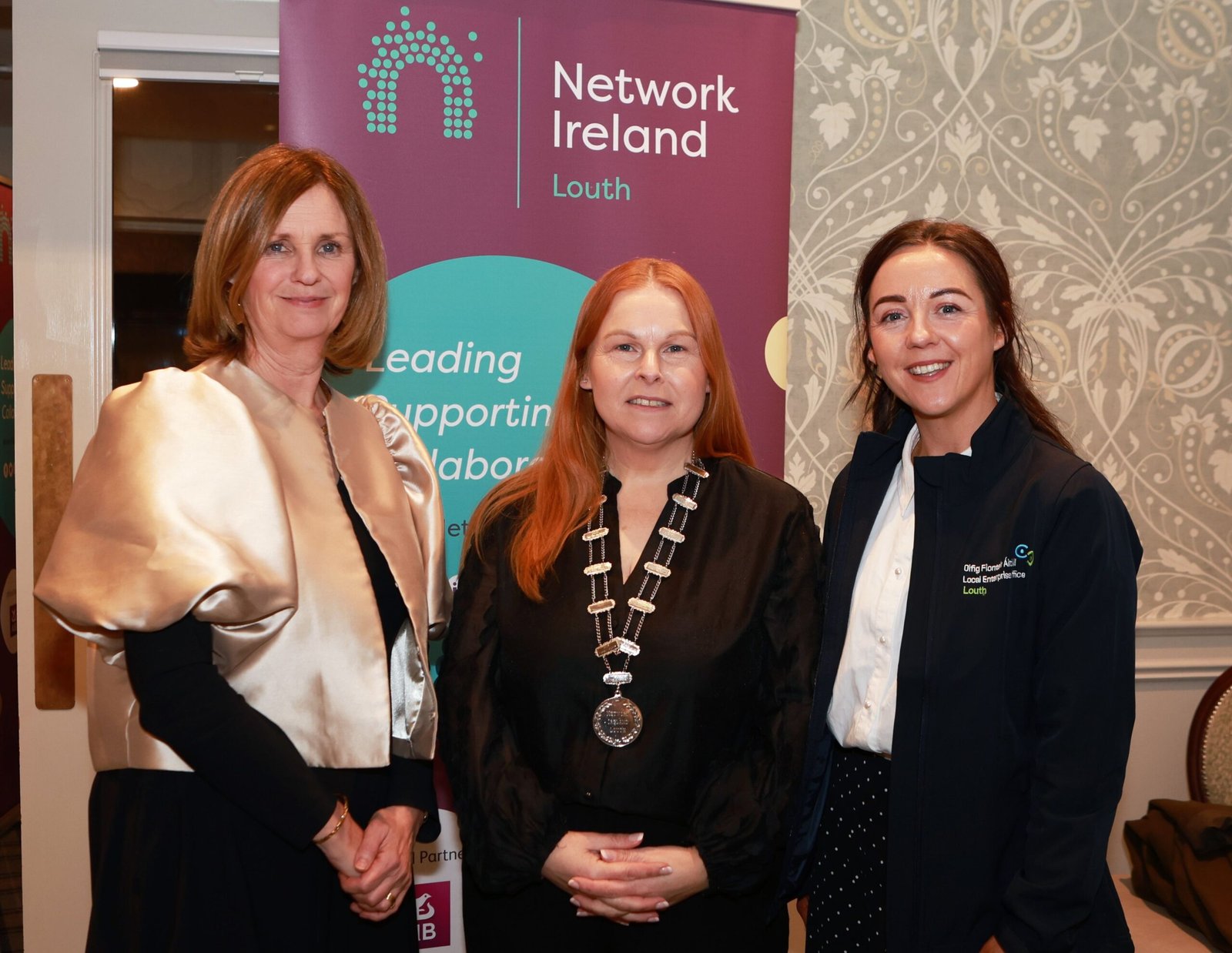In part two of his history of the Marcy Hotel, formerly the White Horse, Sean Collins gives us a timeline covering the first half of the 20th century which includes eminent people such as Woodrow Wilson, Michael Collins, General Eoin O’Duffy, Eamon de Valera and literary giant C. S. Lewis.
In 1899, prior to becoming President of the United States of America, a position he held from 1913 to 1921, Thomas Woodrow Wilson embarked on a cycling holiday in Ireland and spent two nights at the White Horse Hotel. During his stay he wrote two letters on White Horse Hotel headed notepaper which are now in the Wilson Archives in the Library of Congress in Washington, DC.
1914 – The Great War brought a national recruitment drive to swell the ranks of the army and oppose the German threat. Meetings were held all over the country encouraging young men to enlist in the army and support the war effort. Lord Fingal championed the cause in Drogheda and attended a large meeting in the town and was hosted in the White Horse Hotel.
1921 – On the 29th of January 1921, the “Kings Own Yorkshire Light Infantry” departed from Millmount Barracks for the last time under the terms of the Anglo-Irish Treaty of 1921. The barracks remained empty until February, when a group of Anti-Treaty Irregulars moved in to Millmount.
The Mayor then requested help from General Michael Collins to protect the town’s people from further attack. At 1am on Wednesday morning 3rd May, Collins deployed troops from the new Free State Army to Drogheda by train. A Free State Headquarters was established at the White Horse Hotel.
The next day a proclamation was issued in the name of Col. Frank Thornton stating that those in occupation of the Millmount Barracks must evacuate by 2pm that day or they would use force to secure the barracks.
When the republicans refused to leave it led to a stand-off between the Free State Soldiers and the Anti Treaty Republicans. Following ongoing talks and negotiations the town remained calm for most of May and into June.

On the evening on the 27th of June the Four Courts in Dublin the Headquarters of the Anti-Treaty IRA was attacked by the Free State Army. The Millount Barracks in Drogheda was surrounded by the Free State on the same day.
The Four Courts was shelled by Free State artillery over the next three days and the gun was then brought to Drogheda were it was used to shell Millmount as the Republicans would not withdraw. The tower was destroyed and the Republicans withdrew leaving Drogheda under the control of the Free State Army. Along with the shelling of the Four Courts, the shelling of Millmount were the first hostilities of the Civil War.
General Michael Collins visited Drogheda on the 29th July 1922 inspecting the Millmount Barracks and stopping off for lunch at the White Horse Hotel.

1930 – A late night visitor to the White Horse Hotel in January 1930 was General Eoin O’Duffy who was an Irish nationalist political activist, soldier and police commissioner and also the leader of the Monaghan Brigade of the IRA) the War of Independence.
O’Duffy booked in late at night and ordered a whiskey and soda. Paying one shilling for his drink, he proffered a pound and the young “boots” at the hotel, 17 year old Paddy Collins, gave him change of nineteen shillings.
O’Duffy left his change on the bar counter and Paddy, in accordance with the hotel rules at the time, gave the forgotten change to the hotel manager. The rules also stipulated that if money found on the premises was not claimed within one month and a day it reverted to the finder. Paddy earned eight shillings a week at the time so the 19 shillings was quite a bounty.
1936 – A regular visitor to the White Horse Hotel for clandestine meetings in the 1920s and a wide variety of Fianna Fail functions up until the 1960s was Eamon de Valera, a prominent statesman and political leader in 20th-century Ireland whose political career spanned over half a century, from 1917 to 1973 in which time he served several terms as head of government and head of state. He also led the introduction of the Constitution of Ireland.

De Valera was a Commandant in the 1916 Easter Rising, a political leader in the War of Independence and of the anti-Treaty opposition in the ensuing Irish Civil War (1922–1923).
After leaving Sinn Féin in 1926 due to its policy of abstentionism, he founded Fianna Fáil, and was head of government (President of the Executive Council, later Taoiseach) from 1932 to 1948, 1951 to 1954, and 1957 to 1959, when he resigned after being elected as President of Ireland.
1947 – The British writer, literary scholar, and Anglican lay theologian, C. S. Lewis, who held academic positions in English literature at both Oxford, and Cambridge, universities often came to Ireland on holidays. He stayed at the White Horse Hotel in 1947 so that he could visit his brother Warnie who was ill in Our Lady of Lourdes Hospital.
Whilst visiting his brother, Lewis met Mother Mary Martin of the Medical Missionaries of Mary a number of times. She asked him to contribute an article for a book which the order was publishing to mark their tenth anniversary. Lewis’s essay was titled “Some Thoughts” in which he discusses the paradox of the Christian focus on the next life. (Click here for more)





